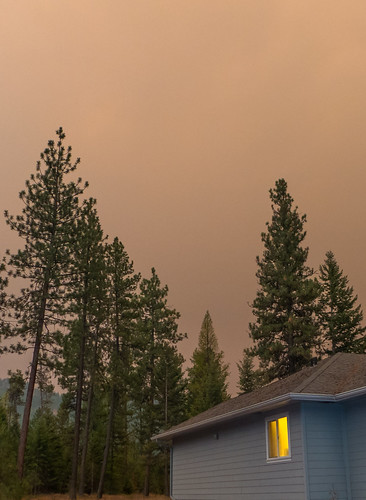BY GARY GRIPP, to a future generation:
Everything central to our way of life is in the growth mode: the banks, the corporations, all our extractive and service industries, and, not least of all, our population. More people means: more willing buyers of homes, cars, electronic gadgets, and all the trappings of modern life. More jobs, more prosperity, more everything.
More, more, more. It is in the interest of banks and corporations, as well as businesses large and small, that the market for products continues to grow. More, more, more. Grow, grow, grow.

On a finite planet with degraded natural systems and diminishing natural resources, this growth imperative, built-in to our systems and into our lives, is an irresistible force coming up against an immovable object. It is us hitting a wall, and doing so at speed. More and more people in my time now see this crash coming.
Of course, there is also plenty of willful and studied stupidity on this subject. But here again, consider the incentives. As we spend down the last of what is left, there are still fortunes to be made.
And it is not only the power elite who gain by the liquidation of natural systems as we turn the Earth inside-out and upside-down in our frenzy to mine everything that can be mined. We are all implicated, all more-or-less willing accomplices in this final dismantling, because we are dependent on all these systems. Not only for our improvident lifestyle, but perhaps even for our very lives.
It would seem to make perfect sense, given our trajectory toward doom, that we should reverse our course as quickly and completely as we can. One way to do this would be to de-grow our population. Another would be to make far fewer demands upon this ailing and injured planet. Doing both at the same time would be better yet. But there are a few problems with this obvious fix, not the least of which is our agricultural system which–(get this now)–takes ten calories of energy (by way of cheap oil) to produce one calorie of food energy to power people.1
The industrial agricultural system has been in place for less than three quarters of a century, but it’s responsible for more than tripling our population in that short time. Without the high-grade energy of cheap oil, there could never have been more than seven billion of us. But the fact is: There are more than seven billion living human beings.

And what individual, or group, is going to take the responsibility for whittling this untenable number down to size? Even if all seven billion of us could agree that our numbers must be reduced, which we emphatically do not, how would we go about implementing this concerted will that we do not have?
Or let’s say that we could all agree that we wanted to live under a no-growth steady-state economic system (for which, again, there is, emphatically, no agreement). What would happen to all these interlocking systems–in which we are invested and enmeshed–that only work under conditions of growth, and falter under contraction? We really don’t know exactly what would happen, because non-linear complexity is involved. But it is a good guess that it would look quite a bit like dominoes falling, and they’d be falling on us.
I want you to understand why it is, when there were at least a few of us who could see what was coming, that we did nothing, or next to nothing, to slow this juggernaut down. I can see where you might be harboring bitter resentments against those who left you a world so broken in so many ways.
I don’t know if you yourself hold the value of intergenerational justice, but if you do, you will likely feel that you have been thoroughly betrayed. And you have, but not out of maliciousness; not even out of indifference–at least not complete indifference. I personally know individuals who feel strongly that we are doing you a terrible injustice, and we are.
But I want you to realize that we really didn’t have a choice in the matter. Whatever little any of us might have been able to do on your behalf wasn’t going to be nearly enough, because this growth catastrophe is systemic.

We are all invested in these systems, one way or another, and have grown utterly dependent upon them for whatever there is left to value in human life. The thing is, almost none of us can see how we could possibly live without them–and truly almost none of us could.
The bind we are in is this: It is suicidal to go on as we are, and it would be suicidal to stop, and collapse all these systems that support our lives. Most of us live day to day, putting one foot in front of the other, more or less on automatic pilot, taking whatever satisfaction we can from our life in bondage to these systems. Even if we realize that something vital to our being has been taken from us, and that our lives are hollow, this is still all we have: a life of sorts. Your life, on the other hand, is mere conjecture, a phantom in the mists of a future that may never arrive. And so we go with what we know, in the here and now.
Would you, in our place, behave any differently?
Notes
-
See Michael Pollan, “How to Feed the World,” Newsweek (May 19, 2008), reprinted at michaelpollan.com/articles-archive/how-to-feed-the-world. ↩